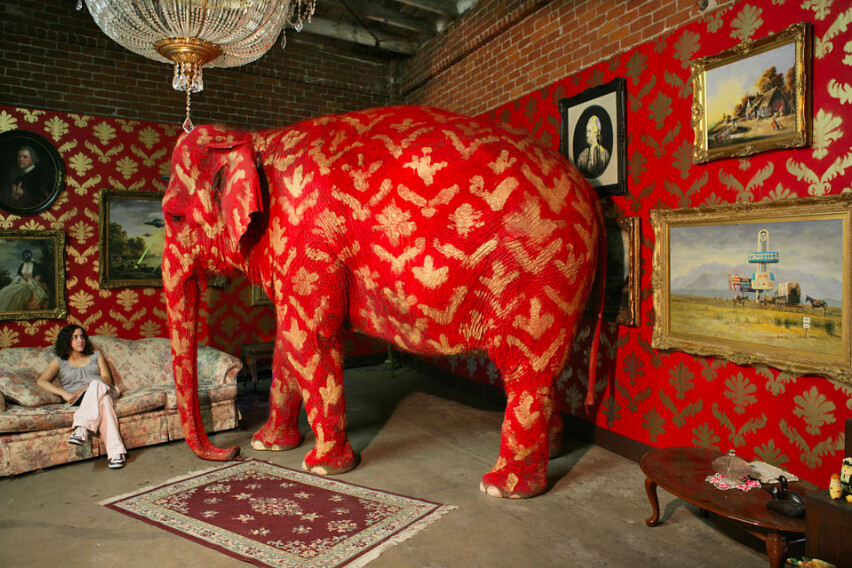As we at WildiZe work to save elephants and other species, alongside many other dedicated conservationists, there is an elephant in the room with us at all times.
There is so much noise in the media about this subject already that it’s hard to contribute to the conversation meaningfully. It seems that there’s a lot of “talking around” the issue, not addressing it head on.
There are big global marches happening today, September 20, to bring attention to this elephant: climate change.
What can we add to the conversation about this topic that hasn’t already been said ad nauseum? A few things:
- Climate change affects not only humans (coastal sea level rise etc.) but it is affecting wildlife, too. The change happening is so rapid that many species cannot adapt quickly enough. Warming is and will continue to dramatically affect wildlife habitat. The sad fact is that if climate change is not adequately addressed, much of the work that wildlife conservationists do will be undone or rendered at least partially moot by the end of this century. A sobering fact that must be faced head on.
- Climate Change is worse than most thought, even up until recently. Recent estimates using the most up-to-date computer modeling put the world on the path to 6.5-7 degrees Celsius (over 12 degrees F) of average warming by 2100. That much warming, or even half of it, would be catastrophic. These new studies come on top of the recent IPCC report and the well-known “Hot House Earth” study. The upshot is that drastic action is needed immediately.
- Climate change threatens the lives of billions of people. When the unthinkable becomes thinkable, what do you do? You have to wrap your head around it and then take action.
- Climate change is one symptom of a larger ecological crisis. Massive biodiversity loss (60% of all wildlife in the last 40 years gone), deforestation (think Amazon fires), acidification of the oceans, dead zones in the oceans, plastic waste on an unfathomable scale . . . these are other symptoms. The cause is human activity out of control.
- Addressing climate change will take a lot more than switching to solar panels and wind turbines. This is about so much more than fossil fuels. Those things alone are inadequate. Any honest thorough assessment leads to the conclusion that we must reduce, or “degrow,” aggregate consumption and production to sustainable levels.
- Carbon emissions must drop to net zero in the near future for us to have any chance. That is going to a require a massive change in our lifestyles, whether we like or not. There is currently no technological way to achieve net zero emissions except for doing the obvious – cutting emissions. There is no magic bullet. There is no way to do it without pain and disruption. Meatless Mondays won’t do the trick. We have to face the fact that our lifestyles – the way we live, especially in the wealthy developed countries of the global North – are unsustainable, meaning “Cannot Be Sustained.”
None of these are particularly pleasant realities, but they are realities nonetheless. So the best thing to do is look this elephant right in the eye, then roll up our sleeves and get to work.
(Photo Credit: Elephant in the Room by Banksy)
